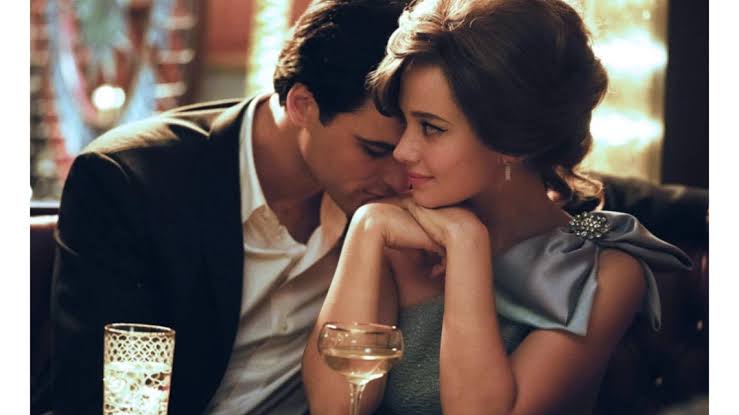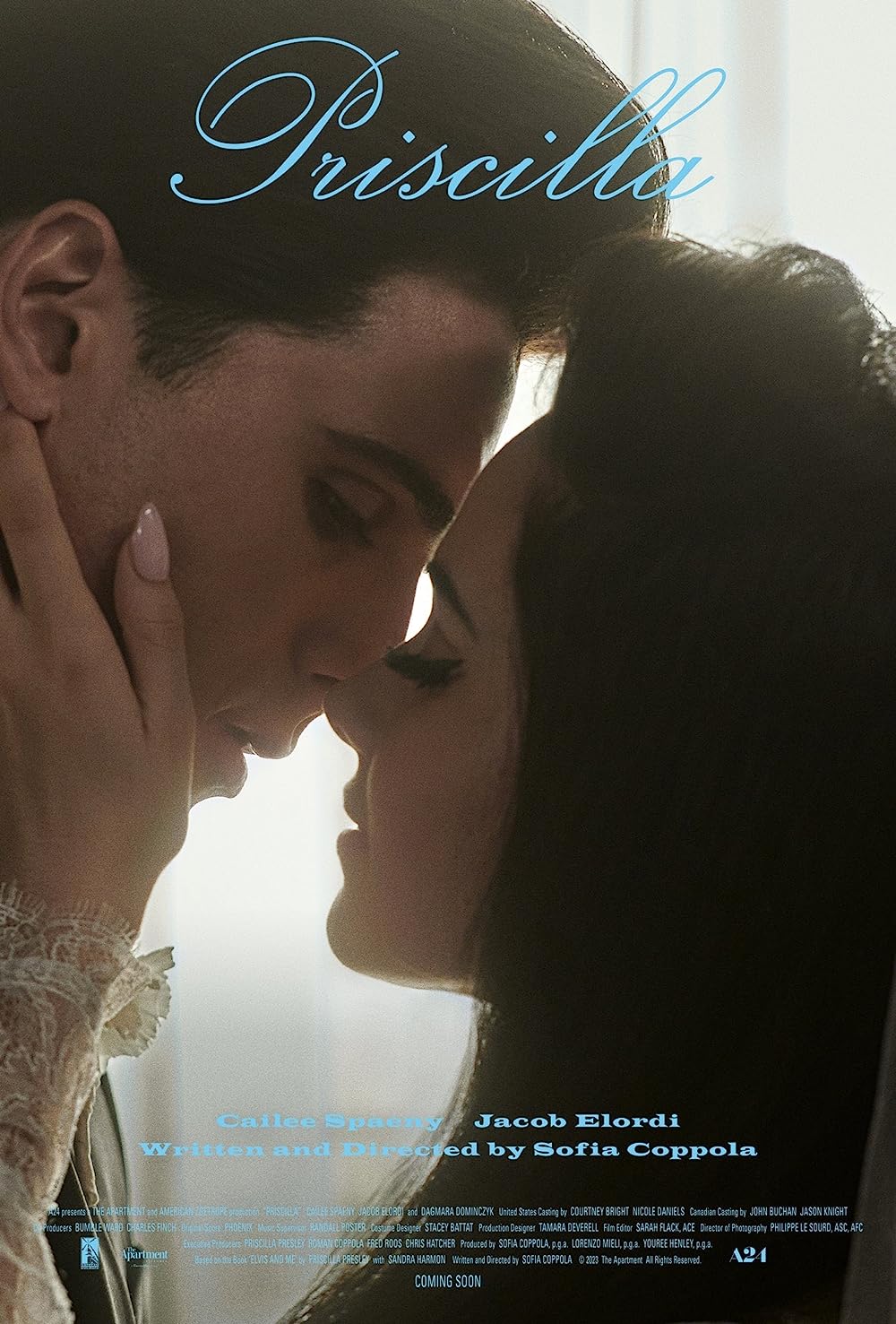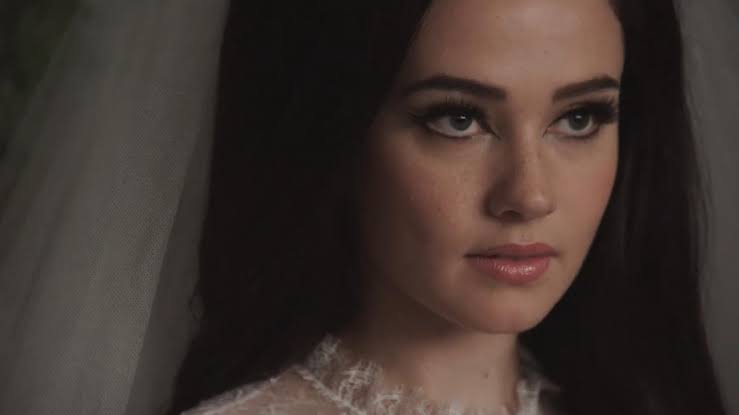The 24-karat cage: A review of Sofia Coppola's 'Priscilla'
At A Glance
- Priscilla is a Coppola film that traverses familiar ground: privilege, isolation and loneliness, adolescence, and femininity.

Sofia Coppola directed and wrote her first feature film, The Virgin Suicides, in 1999, when she was only 28. Just four years later, she gifted us with Lost in Translation, for which she got her Oscar for Best Original Screenplay and was the third woman ever nominated for Best Director. With such a sterling start, it’s easy to predict that nothing will match that beginning. But while her succeeding films may not have garnered the adulation of Lost in Translation (2003) and Marie Antoinette (2006), I’ve admired and enjoyed The Bling Ring, her remake of The Beguiled, and On the Rocks. So, I must admit I was curious to see how she would explore the life of Priscilla Presley.
Priscilla is a Coppola film that traverses familiar ground: privilege, isolation and loneliness, adolescence, and femininity. What Coppola has excelled in is depicting the life of a woman who looks like she has everything when it’s revealed she has a whole lot of nothing. It’s a woman's life in a 24-karat gilded cage - things may seem shiny, rich, and entitled, but it’s still a cage. She did this to perfection in Marie Antoinette, as portrayed by Kirsten Dunst.

In Priscilla, we have a captivating performance from Cailee Spaeny as the woman-child Priscilla and Jacob Elordi as Elvis. Elordi is in vogue, thanks to his Saltburn role, so it’s a sure thing to expect his fans to troop to this film. But they should be ready, as this Elvis is not just a pouty hip-shaker adored by millions worldwide. Coppola has more than that in mind in essaying this complicated relationship and bringing her version of the Elvis and Me autobiography of Priscilla to the silver screen.
There are no spoilers here, and most will already be familiar with the sequence of events - Elvis meets Priscilla in 1959, when she’s 14 and lives in Germany, while Elvis is doing his highly publicized military service. They reconnected in 1962, and he convinced her to move to Graceland. He proposed in 1967, and the marriage lasted six years.

What is interesting to note is how Coppola just falls short of calling out Elvis as a groomer and Priscilla as his willing victim. How Elvis controls and manipulates Priscilla's life is there to be absorbed. He plays up his role as a provider and expects his wife or girlfriend to conform to the strict rules he lays down or merely expects.
It is a damning indictment of celebrity, of control, and excess. While there is much of Priscilla’s life, especially post-Elvis and as a mother, that is left out of the film, it’s interesting to note that Coppola is more than adept at doing a treatment on this part of Priscilla’s life and making a strong case for feminism in the face of such an abusive relationship. There is sensitivity and softness in the Coppola vision, but I’d say that’s done on purpose to make the hardness of the truth more glaring.